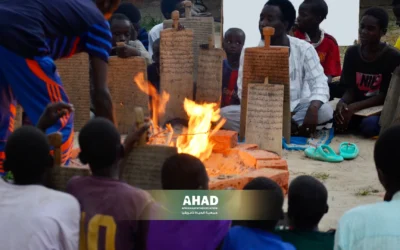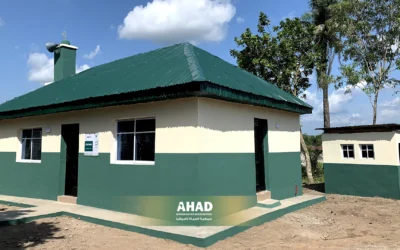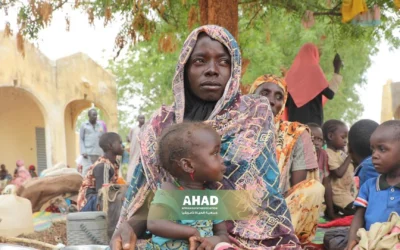The importance of mosques in promoting religious education in Nigeria
Mosques play a vital role in promoting religious education in Nigeria. They work as religious educational centers that receive students and offer them lessons in the Holy Quran and Islamic values. In addition, mosques serve as social and educational centers that provide an environment in which Muslims can communicate and Exchange religious experiences. Mosques are an important place to establish a strong educational base and promote Islamic values in Nigerian society.
A. Mosques as religious educational centers
Mosques in Nigeria serve as religious educational centers where students receive lessons in the Holy Quran and Islamic values. Mosques provide a stimulating environment for learning and promote direct communication between students and teachers. In addition, mosques offer other educational services such as Quranic lessons and educational seminars. Mosques are an important source for promoting religious education and spreading Islamic knowledge in Nigerian society.
P. Mosques as social and educational centers
Mosques in Nigeria serve as social and educational centers, as they form a place of communication and meeting between members of society. Thanks to this role, mosques contribute to building strong social relationships and strengthening the morality of personalities. In addition, mosques offer a variety of educational programs, including life skills training, leadership and moral education. Therefore, mosques are an essential part of building strong communities and promoting Islamic values in Nigeria.
The role of imams in promoting religious education in mosques
Imams play a vital role in promoting religious education in mosques in Nigeria. They teach the Holy Quran and explain its meanings and interpretation to students. They also teach Islamic values and good morals and guide students in applying them in their daily lives. The role of imams in promoting religious education contributes to the formation of a generation committed to religion, morality and values in Nigerian society.
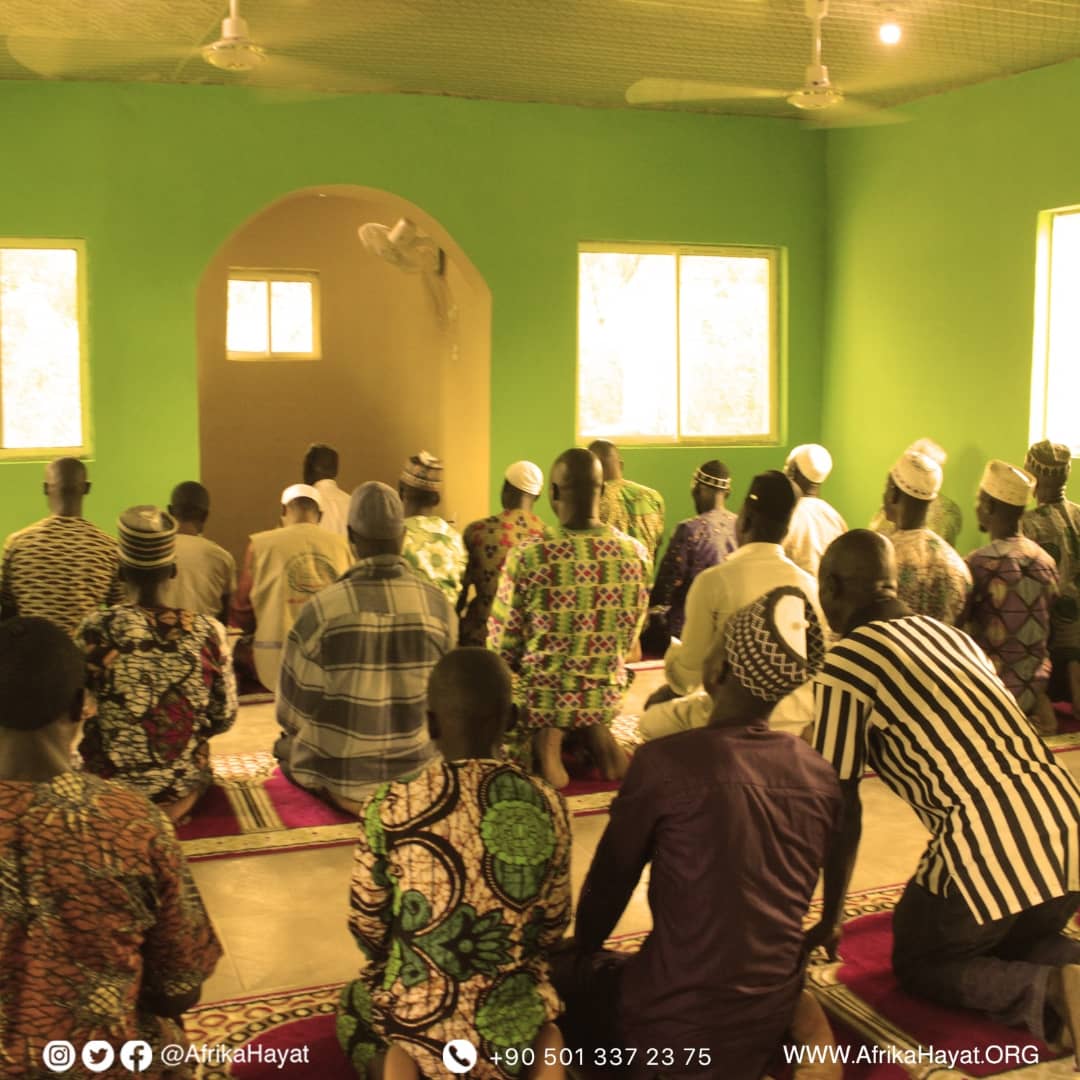
A. The role of imams in the indoctrination of the Quran
Imams play a prominent role in the indoctrination of the Holy Quran in mosques. They provide courteous lessons of reading and recitation in correct Tajweed, explain the vocabulary, meanings and interpretation of the Quran to students. They also teach Tajweed rules and language origins, help students improve their recitation and understanding of the Holy Quran. This valuable contribution to the teaching of the Qur’an enhances the understanding of religion and Islamic values among students in Nigerian society.
P. The role of imams in teaching Islamic values
Imams play an important role in teaching Islamic values in mosques. They guide students and teach them Islamic ethics and values such as honesty, justice, generosity, and tolerance. They provide advice and guidance to worshippers about proper Islamic behavior in everyday life. This role contributes to strengthening Islamic education and building the personality of the emerging Muslim with positive values.
Educational activities in mosques
Mosques offer many educational activities for Muslims, such as Quranic lessons, religious seminars and educational lectures. Quranic lessons are offered to teach students recitation, Tajweed and memorization of the Holy Quran. It also organizes religious seminars and lectures to educate worshippers about religious and cultural matters. These activities contribute to the deepening of the religious knowledge of Muslims and the strengthening of religious affiliation.
A. Quranic lessons
Quranic lessons are one of the important educational activities in mosques in Nigeria. These lessons are organized to teach students the recitation and Tajweed of the Quran, as well as memorizing the Holy Quran. Quranic lessons are offered on a regular basis during the week, and are highly attended by local Muslims. These lessons contribute to the strengthening of Quranic knowledge and the deepening of spirituality among Muslims in society.
P. Religious seminars and educational lectures
Religious seminars and educational lectures are one of the important activities in mosques in Nigeria. Religious seminars are held to exchange religious knowledge and discuss various religious issues. Imams also give educational lectures covering a wide range of religious and community topics. These seminars and lectures play an important role in raising awareness of society and educating young people on Islamic values.

Cooperation with schools in promoting religious education
Mosques work to promote religious education through cooperation with Islamic schools. Religious educational programs are provided in schools that complement those offered in mosques. It promotes cooperation between mosques and Islamic schools by organizing joint activities, offering religious lessons and Quranic competitions. This type of cooperation contributes to enhancing students ‘ understanding of religious education and promoting Islamic values in their lives.
A. Cooperation of mosques with Islamic schools
Mosques work to promote religious education through continuous cooperation with Islamic schools. Mosques conduct religious and Quranic lessons in Islamic schools, provide them with the necessary educational resources and books. Joint activities between mosques and Islamic schools are also organized, such as Quranic competitions and educational lectures. This collaboration enhances students ‘ understanding of religious education and promotes Islamic values in their lives.
P. Cooperation of mosques with government schools
In addition to cooperation with Islamic schools, mosques also play an important role in cooperation with government schools in Nigeria. For example, imams give religious lectures in public schools and help teach students Islamic values. Some joint activities such as religious competitions and spiritual exercises are also organized to enhance communication between mosques and government schools.
The challenges of promoting religious education in mosques
Mosques in Nigeria face several challenges in promoting religious education. One of these challenges is the lack of appropriate educational resources in mosques, such as books and electronic resources. In addition, some mosques suffer from poor interaction with students, as some prefer to pay attention to technology and social media instead of focusing on traditional religious education. Therefore, we must work to overcome these challenges by providing the necessary resources and using modern means of communication to attract students and promote religious education in mosques.
A. Lack of educational resources
Mosques in Nigeria suffer from a lack of appropriate educational resources, such as books and electronic resources, which hinders the development and promotion of religious education. Mosques should work to provide these necessary resources to their students, whether by providing books and other educational materials or in cooperation with schools and other educational institutions. There should be joint efforts to meet this challenge and achieve progress in religious education in mosques.
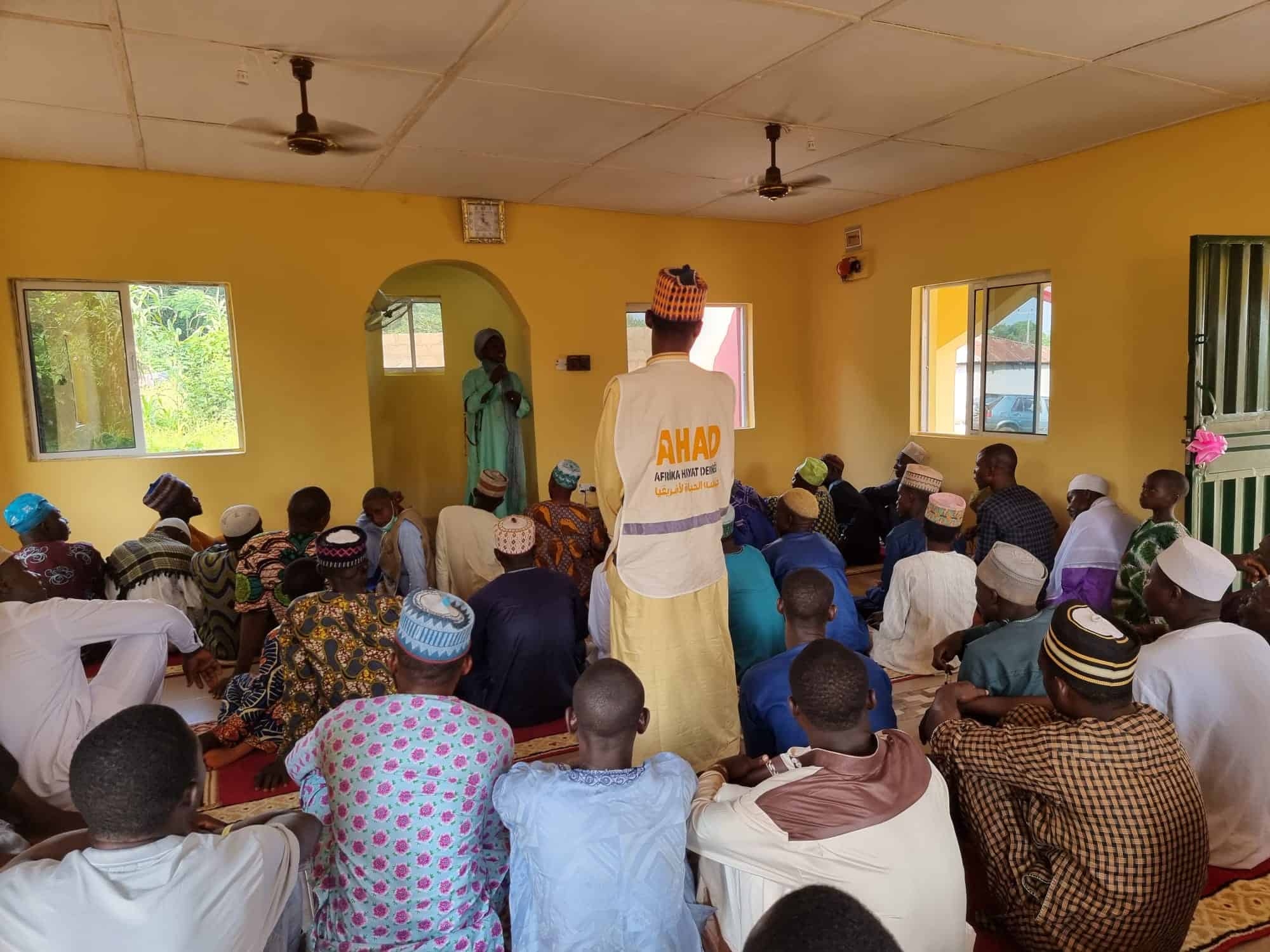
P. Poor interaction with students
Mosques in Nigeria suffer from poor interaction with students regarding religious education. There may be a lack of interaction of imams with students and understanding of their individual needs. This may result in students not fully acquiring the necessary skills and knowledge. Therefore, there should be a greater focus on developing educational programs that match the needs of students and encourage them to actively participate and interact in their religious learning.
Conclusion
In conclusion, mosques play an important role in promoting religious education in Nigeria. Mosques serve as religious and social educational centers, where imams give Quran lessons and teach Islamic values. The mosques also offer many educational activities such as Quranic seminars and educational lectures. Despite the challenges facing the promotion of religious education in mosques, investment in this area can lead to significant benefits in society. Therefore, it is important for mosques to cooperate with schools and the local community to promote religious education and build an educated and religious generation.
A. The benefits of the role of mosques in promoting religious education
Mosques play an important role in promoting religious education in Nigeria. They provide a suitable environment for learning the Quran and teaching Islamic values. It also helps in building religious awareness and promotes communication between imams and students. Thanks to those benefits, mosques can contribute to building an educated and religious generation and contribute to the overall development of society.
P. Recommendations and future actions
The promotion of religious education in mosques in Nigeria requires focusing on several recommendations and future actions. Among these recommendations is the provision of more educational resources in mosques, including books and study materials. Imams should also be encouraged to develop their teaching skills and communicate with students in innovative ways. Cooperation between mosques, Islamic schools and the government should also be strengthened through the organization of joint programs and the exchange of knowledge and experience. By adopting these recommendations and actions, mosques can continue to promote religious education in Nigeria and bring benefit to all members of society.
Ahad society has built many mosques in Nigeria
Related articles:
Are women getting their rights in Africa


